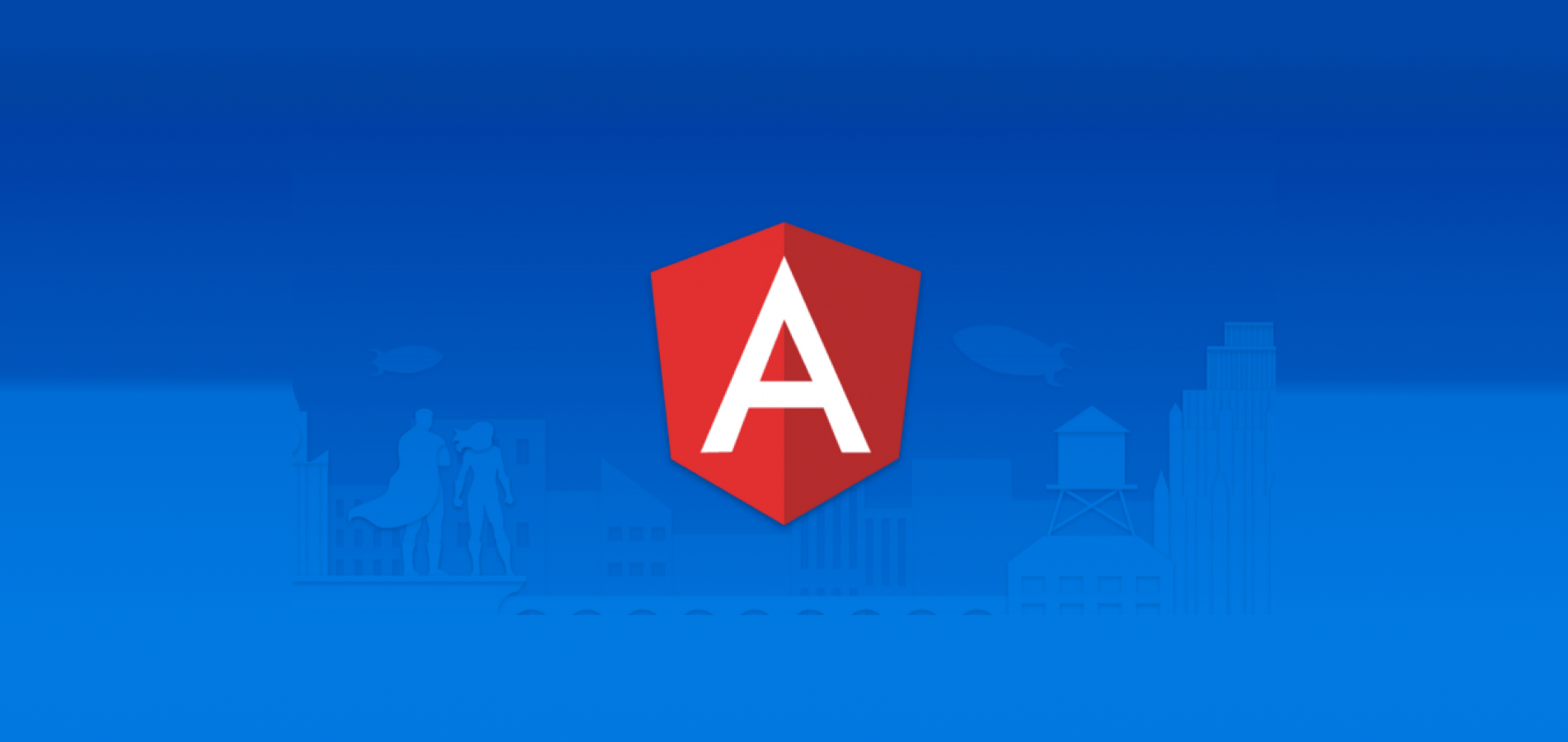
Angular versatile standalone framework
-

-
Author
Binny Chanchal -
Published
Software developers must keep abreast of all the latest developments in their field to remain competitive and meet the market demand and challenges without any hassles. There has been a persistent query in the minds of juniors entering the field and unfamiliar personnel whether Angular is still popular? Whether it meets the challenges of recent times and how does it compete with other competitive technological development like React? Probably not, still, there are great changes perceived in the Angular arena which are important and call for close examination.
What is Angular?
It is an open-ended framework used by Google for the creation of single-page apps with the use of Typescript and HTML. It’s a whole toolkit with its components and libraries which every developer adores and has seen wide applications in the development of dynamic web applications. And has gained popularity in quick time with the leading corporate world like Forbes, Xbox, BMW, and many others grabbing the toolkit to its advantage. Many notable projects like Microsoft Office Home, Price Calculator for BMW Driveway, and Samsung Forward are built based on Angular.
It’s different from Angular JS which is built on Javascript and has a closed internal structure. It lacks backward compatibility and imposes control flow so the architects developed Angular as a more advanced efficient tool which generated much interest in the IT world.
Traits of Angular
There is constant development, and implementation of technologies, tools, and ideas commensurate with the latest trends in modern Angular. Some of the vital traits are:
1. IVY ENGINE
With the introduction of tree-shaking and Locality in the 9th version of Angular, there has been a significant increase in the speed of loading time of the site, smaller packages, faster compilation, and truncating of generated code.
2. TYPE SCRIPT
Angular is based on this technology which helps in minimizing any additional work as it’s already configured. It enables easy identification of errors at the compilation stage only while writing the application.
3. ANGULAR CLI
It helps the developer increase their efficiency in many ways like:
- ng build- compiles the application to an external directory
- ng generate- it modifies or generates files based on schematics
- ng serve- builds and makes the application
- ng test- runs unit tests
4. COMPONENTS
These are blocks that build the application. The logic is combined with the styles and template.
5. TEMPLATES
The model-view-controller approach is very popular with programmers as it separates logic from view. The template allows access to the developers HTML enabling him to pass values dynamically from the component.
6. DEPENDENCY INJECTION
This vital Angular feature creates websites that share data between components and transfers data between themselves and between children and parents.
7. ANGULAR ROUTER
The feature allows pleasant and simple configuration and page navigation enabling authentication check convenience.
8. ANGULAR FORMS
Validations, Form management, and error handling are convenient that enable developers to build advanced forms very conveniently.
9. ANGULAR ANIMATIONS
Allows additions of animations to the project due to CSS functionality.
10. ANGULAR Http CLIENT
Angular uses RXJS for handling asynchronous queries. RXJS provides numerous ways to modify the data such as take until, take, merge map, Switch map, fork Join, map, and filter.
11. ANGULAR SCHEMATICS
Automation tool allows modification or addition of components.
Benefits of Angular
Angular has been used comprehensively in building large enterprise applications, which need a good and clear file structure, logic separation from view, and high readability. The benefits of this framework are:
- Easy configuration and rapid decision making
- Hassle-free working with other libraries and other frameworks like Ionic, Electron, and others
- Applications for multi-platform support like web, mobile, progressive web apps, and desktop.
- Assured continuous application development
- Application is testable and readable due to the rigid structure of the file and configured test environments
- Free to work in any environment
- Higher application security
- High quality
- Lower susceptibility to errors
- Ready for extension
- Enhances efficiency of the programmer
ANGULAR IS WORTH LEARNING
It’s worth learning angular because of many inherent features, flexibility, and easy application encompassing the latest technologies and convenient programming techniques. Angular is faster and uses lots of exciting solutions adhering to design patterns. It has the support of an extensive active community all around the globe making it very popular and rising in demand.
